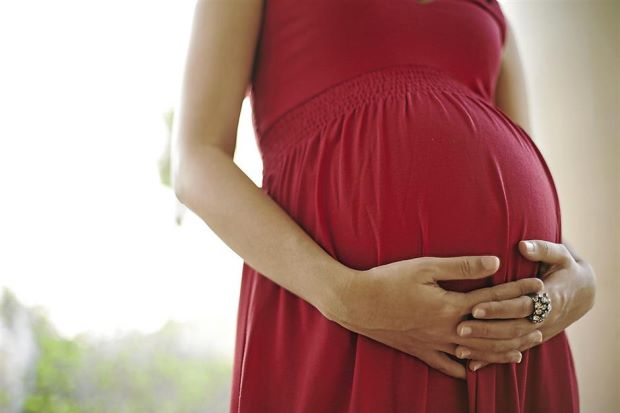KUALA LUMPUR, Oct 25 — The Women, Family and Community Development Ministry has recommended a review to incorporate sex education in school, but parent-teacher groups and doctors are of the view that it should be a subject or programme on its own.
Having it incorporated into the moral and Islamic studies will make educating students about sex less effective since it will likely hinge on abstinence rather than proven methods to curb teenage pregnancies and sexually transmitted diseases, they told Malay Mail Online.
“Incorporating sex education into moral and religious studies is still going to be abstinence-based and the teachings may be even more infused with religious and moral overtones,” Dr John Teo told Malay Mail Online without elaborating details.
The obstetrician and gynaecologist claimed global research pointed that such a method would not be effective in stopping or delaying teenage sex or pregnancies.
“On the contrary, there had been, on occasions, even increase in teenage sexual activity,” he said.
Consultant urological surgeon at Monash University, Dr George Lee Eng Geap, lauded the ministry’s initiative to ease the taboo into the topic of sex education.
The difficulty to break this taboo, he said, could be one of the reasons for sexual crimes to happen among children.
“When we are openly talking about this, children will have easier ease to explain any inappropriateness to their parents,” said the clinical associate professor.
Despite that, Dr Lee similarly questioned the effectiveness of incorporating sex education into moral and Islamic studies.
“What may seem right to one culture, may be wrong to another,” he said.
This comes as the Women, Family and Community Development announced earlier this week that it had recommended the incorporation of sex education in Islamic and moral studies after a meeting with the Malaysian Council for Child Welfare.
In response, Dr Lee suggested the ministry to undergo a thorough study, hold dialogues with societies across the board, and study syllabuses from developed nations to draft a non-biased programme.
“Questions on what age should we have sex and gender identity will become topics of controversy if they are not addressed,” he said.
Dr Lee added that sex education should not be limited to the classrooms, but be extended to include families of students.
“Family members play a role in this as well, as sex is more than that. It is about keeping a relationship going and a means to show respect to each other,” he said.
Meanwhile, Parent Action Group for Education (PAGE) also shared similar concerns and proposed that the breadth of the subject be clearly defined initially.
“We have to begin with an agreement of the definition of sex education,” PAGE chairman Datin Noor Azimah Abdul Rahim said when contacted.
“Then the relevant ministries have to come together to consult interested parties as to what needs to be put forward and how best taught to students,” she added.
Melaka Action Group for Parents in Education chairman Mak Chee Kin said sex education was already taught “very briefly” in subjects like science, adding he does not see much difference incorporating it into moral and Islamic studies.
“For it to be effective, it must be medically, factually or technically accurate so we must have trained people to do it,” he said.
Earlier this year, Deputy Education Minister Datuk Chong Sin Woon had said that sex education was already taught in the form of the Reproductive and Social Health Education programme introduced in 1989.
He said the module has already been incorporated into other subjects such as moral and Islamic studies, science, and biology; while its focus is on abstinence.
A 2015 survey on youths’ sexual and reproductive health by Durex and Perspective Strategies released in May, found that the government’s abstinence-based sex education has failed to help raise awareness of safe sex among a majority of young people.
* Editor's note: A previous version of this article incorrectly reported Dr John Teo as the former Malaysian Medical Association president. It has since been corrected.



















